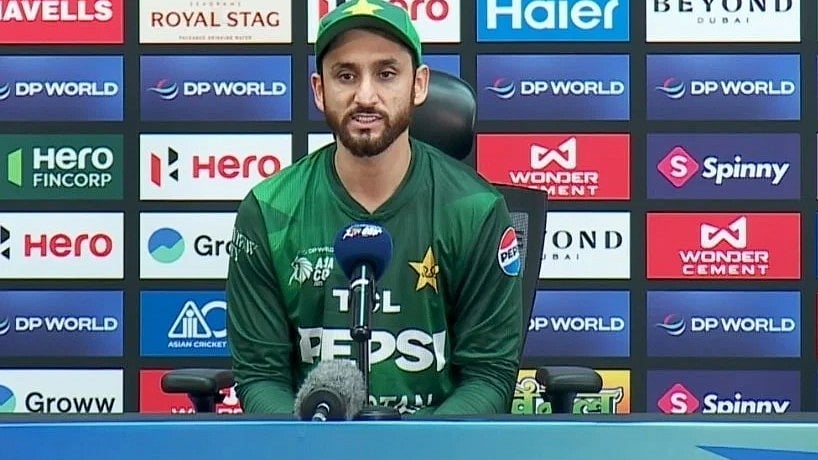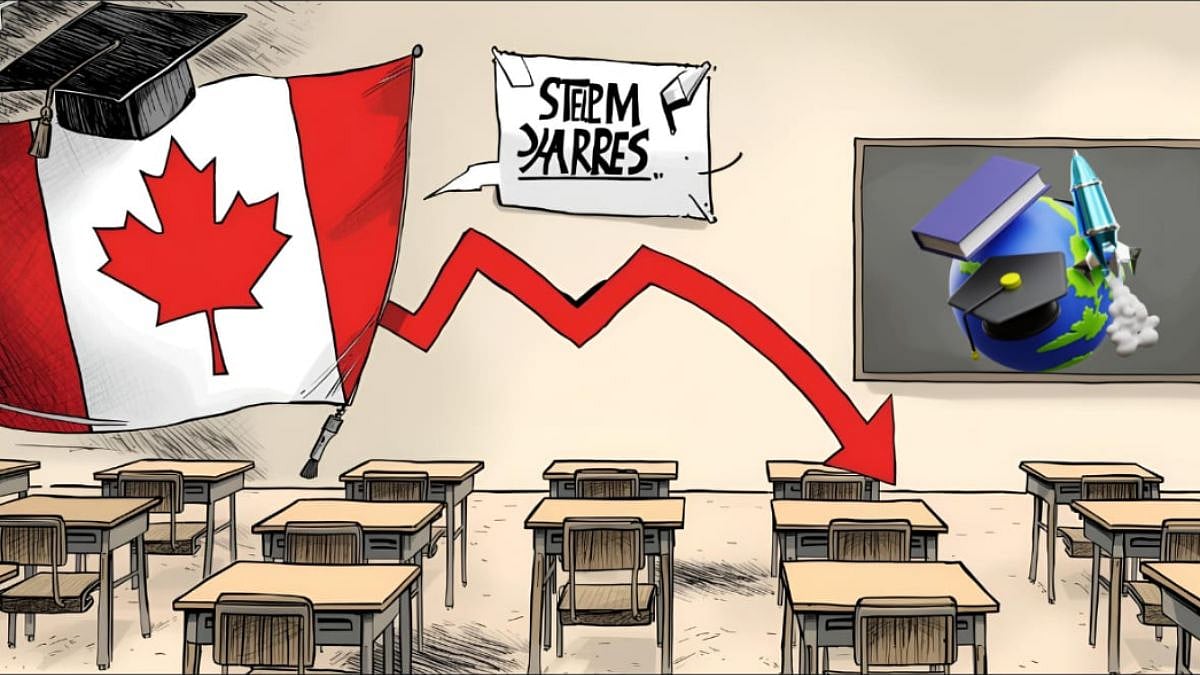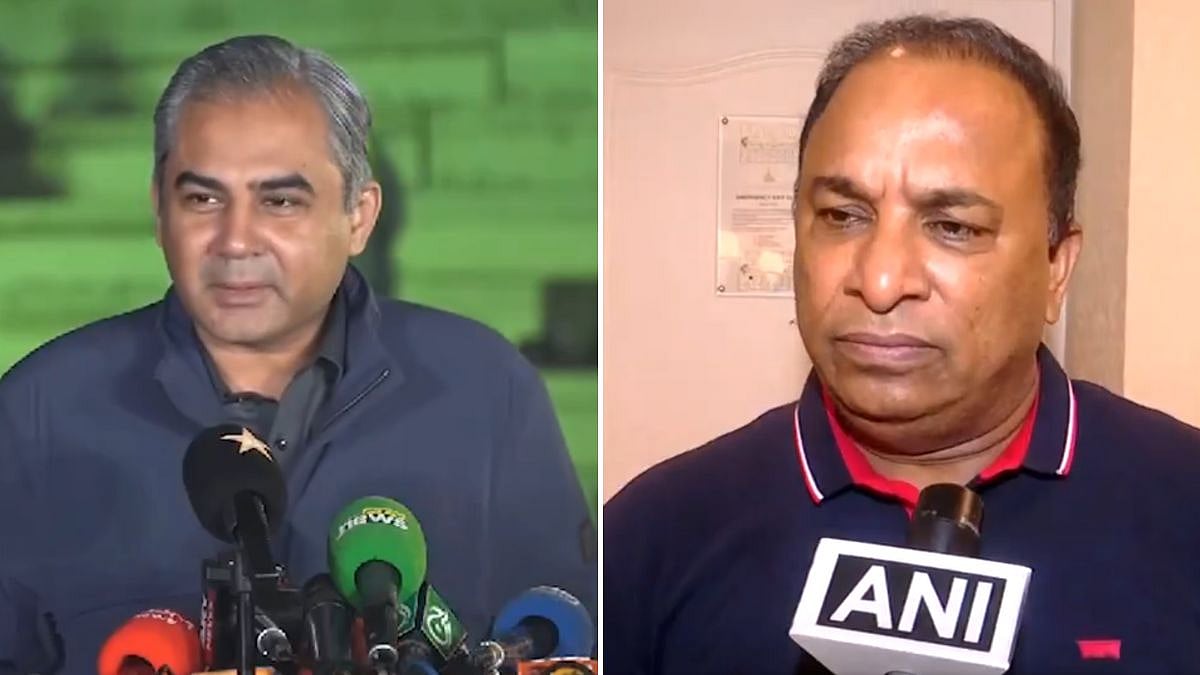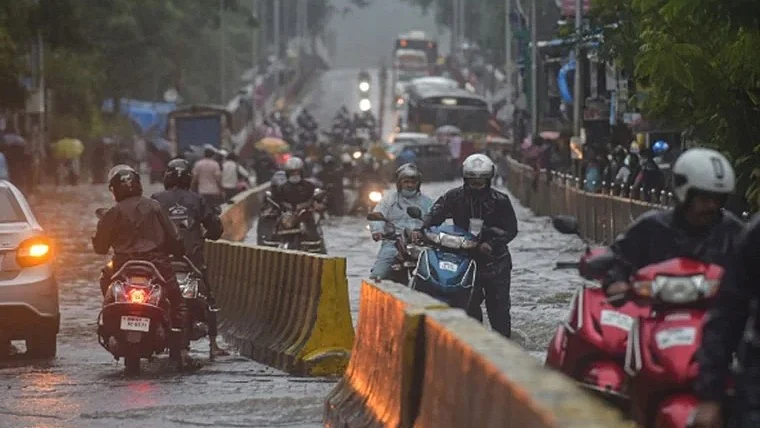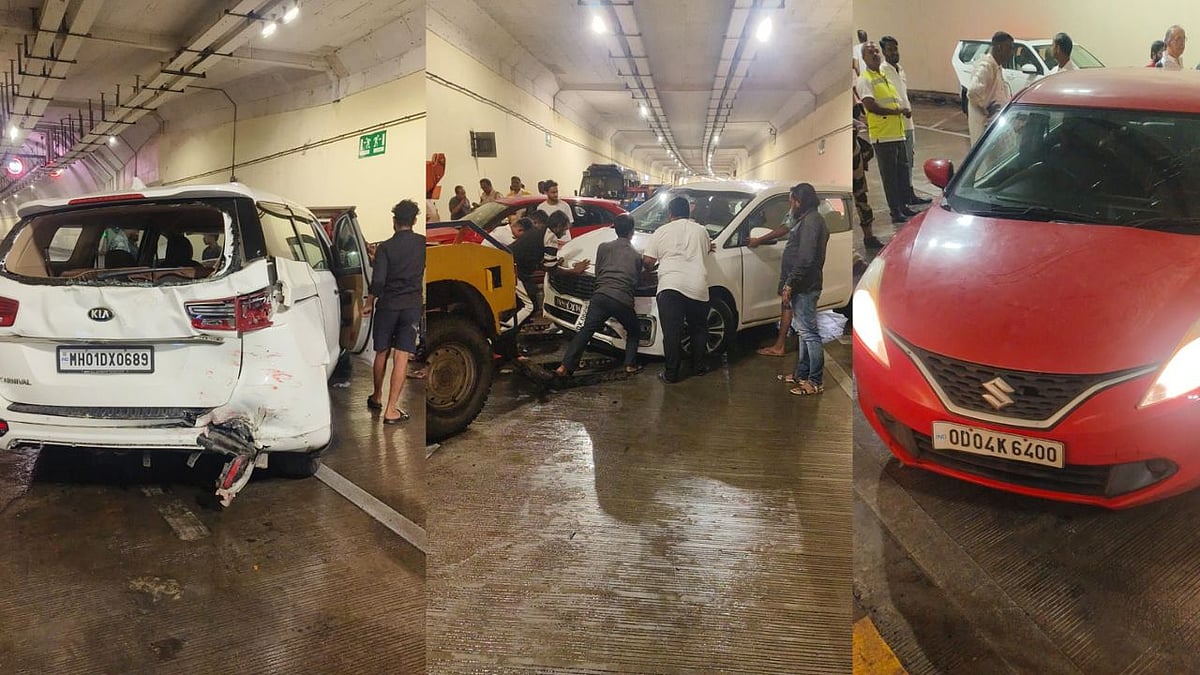Mumbai: Maharashtra Revenue Minister Chandrashekhar Bawankule on Wednesday introduced the Maharashtra Special Public Security Bill, 2024 in the State Assembly. While the government claims the bill is aimed at combating the rising threat of urban Naxalism, the Opposition has raised concerns about the potential misuse of the law to suppress dissent and target political opponents.
The bill, modeled on similar public security acts in states like Chhattisgarh, Telangana, Andhra Pradesh, and Odisha, seeks to curb the activities of frontal organisations believed to be linked to Naxalite groups operating in urban areas. According to the state government, seized Maoist literature reveals a network of "safe houses" and "urban dens" across Maharashtra used to support armed cadres and propagate the ideology of rebellion against the constitutional order.
The proposed legislation has drawn sharp criticism from the Opposition. Shiv Sena (UBT) chief Uddhav Thackeray, three days ago, issued a stern warning to the government, threatening mass protests if the bill is passed. Thackeray accused the government of misusing the term “urban Naxals” to malign farmers and protesters, referencing past agitations where demonstrators were allegedly branded as extremists.
“This bill is a tool to silence dissent. Farmers, activists, and opposition leaders could be unfairly targeted,” Thackeray said, vowing to take to the streets if the bill is enacted.
Before tabling the bill, the government formed a joint committee with members from both Houses to review and revise its contents. The committee, chaired by Bawankule, held five meetings and examined over 12,500 suggestions and objections submitted by the public. Based on this input, several key changes were introduced:
Revised Objectives: The preamble was amended to clearly state that the law is intended to prevent unlawful, left-wing extremist activities—not to suppress political or social organisations.
Advisory Board Formation: No organisation can be declared unlawful without the recommendation of an advisory board comprising a sitting or retired High Court judge, a district judge, and a government pleader-level officer.
Senior-Level Inquiry Officers: The responsibility for investigations has been upgraded from Police Sub-Inspector to Deputy Superintendent of Police level, as per the committee’s recommendation.
The joint committee included prominent legislators such as Jayant Patil, Nana Patole, Bhaskar Jadhav, Jitendra Awhad, and Ambadas Danve, who played a crucial role in ensuring the bill did not overreach or endanger democratic rights. Bawankule stated that the bill now reflects greater transparency and alignment with democratic values, thanks to the committee’s efforts and public input.
The government argues that Maharashtra is following the lead of other Naxal-affected states, which have already enacted similar laws and banned over 48 frontal organisations. Officials say such laws are necessary due to the growing presence of Maoist ideology and support systems in urban centres.
“The urban spread of Maoist frontal organisations is now a serious threat,” said Bawankule. “This bill aims to eliminate the support networks that enable armed insurgency and disturb public order.”
Key Provisions of the Bill:
7 years’ imprisonment and ₹7 lakh fine for committing, attempting, abetting, or planning unlawful activity linked to banned organisations.
3 years’ imprisonment and ₹3 lakh fine for members participating in meetings, promoting activities, or contributing funds.
2 years’ imprisonment and ₹2 lakh fine for individuals (non-members) who raise or donate funds for these organisations.
All offences under the bill are cognisable and non-bailable.

